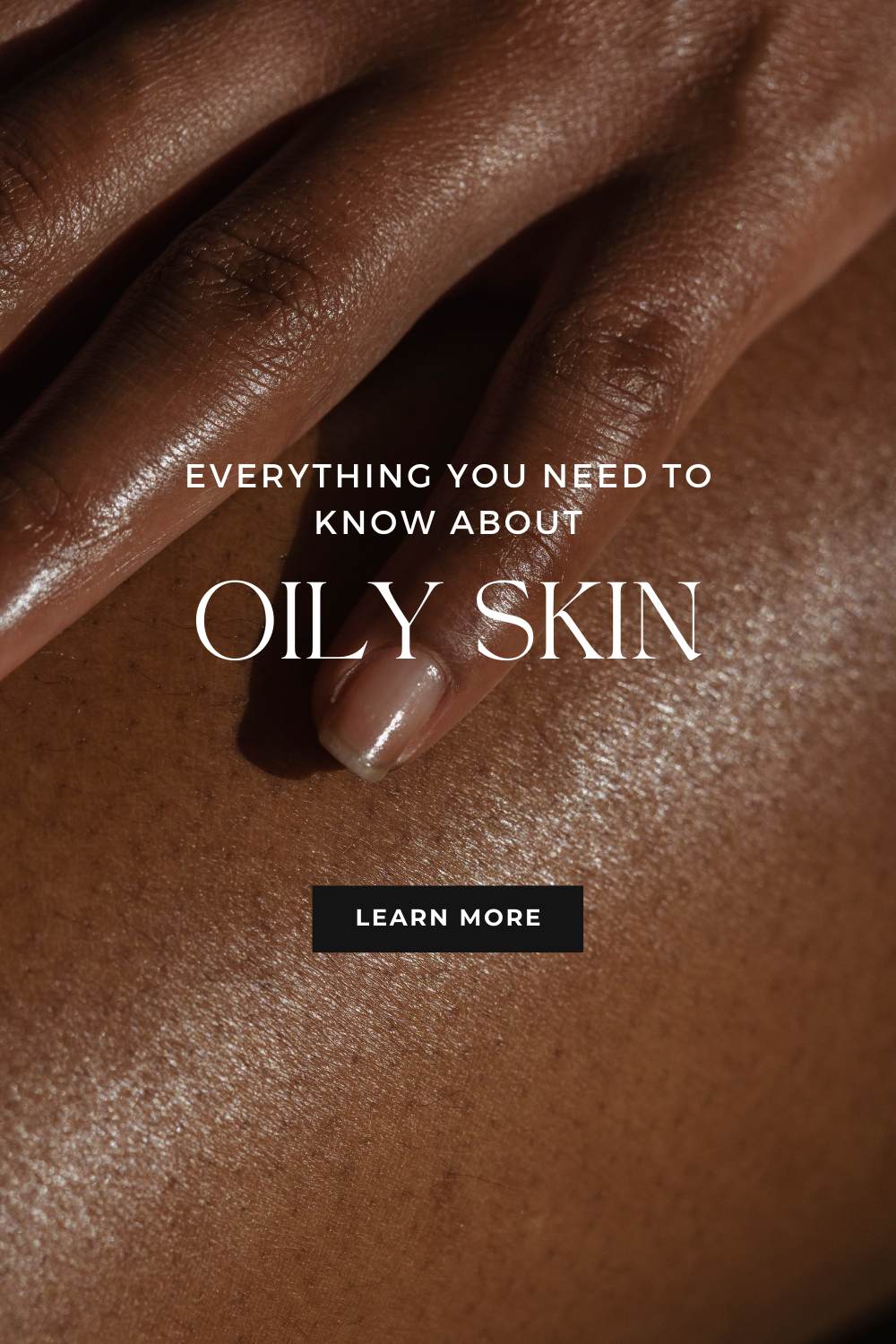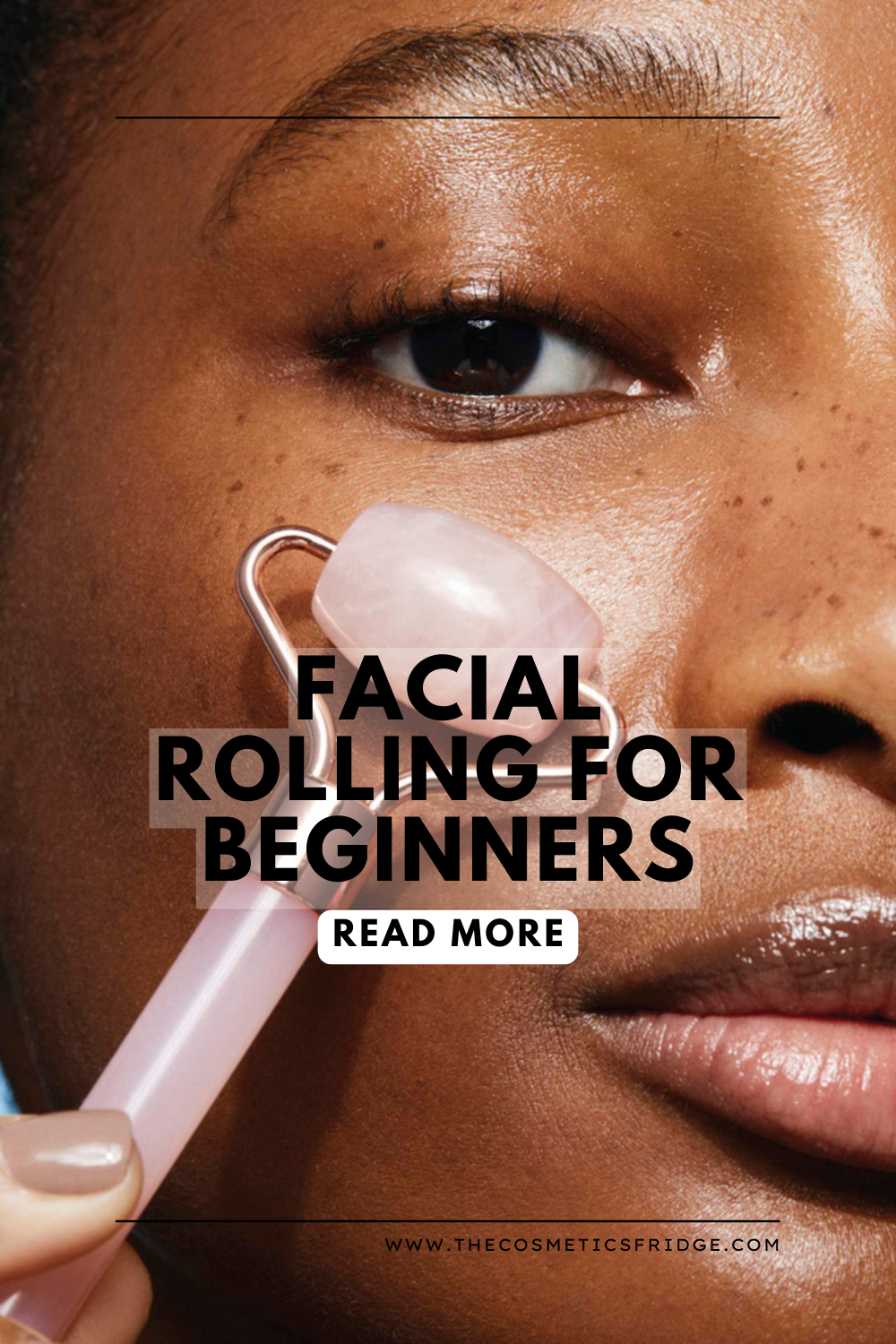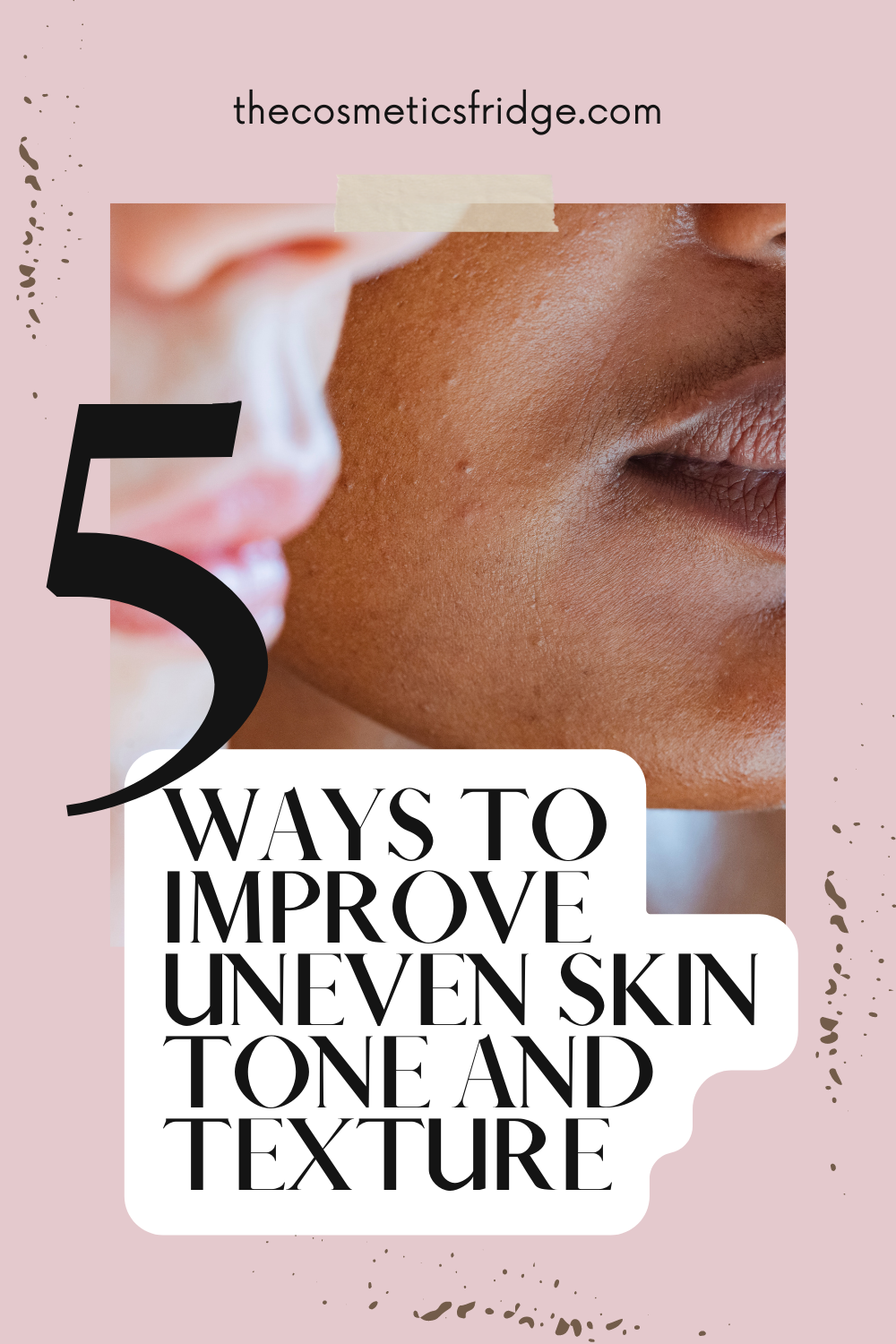Everything You Need To Know About Oily Skin

Oily skin can be hard to live with, especially if you are unsure of how to treat it. The main thing you need to know is that oily skin is caused by excessive sebum production; it can be hormonal or genetic.
Sebum is your skin's natural way of hydrating and moisturizing the skin, but you need to help your skin by treating it well and maintaining daily habits. Otherwise, the pores can become clogged and enlarged, and dead cells will accumulate, which will cause blackheads, pimples, and other types of acne.
Oily skin is actually your skin crying out for moisture. Skipping moisturizer can cause an increase in sebum production, as your skin is working overtime to protect the skin and keep it hydrated. Ideally, you should moisturize after cleansing twice per day. That being said, washing your face really thoroughly might make you feel squeaky clean like you’re removing all the oil and preventing acne, but unfortunately, you could be making things worse for yourself. Cleaning your skin with harsh, drying products and harsh tools can actually make you oilier.
The key is balance. By using overly harsh washes too often we strip away the natural protective barrier, causing the skin to be immediately dry and the body to react by producing too much oil again. This creates a dry skin - oily skin cycle.
While it might feel a little counter-productive, gently cleansing followed by moisturizing morning and night will actually help to keep your skin’s sebum production in check.

Be sure to stick to light, non-comedogenic formulas which preserve the skin’s natural defense against spots and blemishes without clogging pores. If you're interested in streamlining your routine, use products that work as both a moisturizer and a primer while simultaneously zapping spots. For an instant cooling sensation and to keep your products' active ingredients optimized for longer, consider investing in a mini-fridge to store your products. You wash your face with warm water or you may steam your face whilst wearing a sheet mask. These methods are great for opening the pores, removing dirt, and being ready for hydration. Applying a cool moisturizer straight from your mini-fridge will close the pores, sealing in the moisture and you’ll be less likely to overproduce sebum.
We hate to point out the obvious but we promised we’d share EVERYTHING. Diet and exercise can directly impact your skin. Spikes in the hormone insulin can cause your skin to produce excess oil, so it is important to keep blood sugar levels balanced.
In addition, there are easy lifestyle changes you can make to keep your skin shine-free which include eating anti-inflammatory healthy fats such as salmon, mackerel, walnuts, and avocado. Trans fats from processed foods can cause inflammation in the body and your skin to secrete excess oil.
Stress can also cause oily skin; the hormone cortisol is released to help your body manage stress, which can increase sebum production in the skin, so it might be a good idea to look into mitigating stress with meditation, calming activities, and restful downtime.
Probably the best fact about oily skin is that those who have this skin type could actually show the signs of aging more slowly. Oily skin is better at holding in natural moisture than dry skin. When skin cells are moisturized they can function much more effectively and produce collagen, elastin, natural moisturizing factors, and lipids which are what our skin needs to stay healthy. Need we say more? Or is this enough to envisage sebum as nature’s fountain of youth?
Oily skin needs to be treated carefully, it needs moisture and specific types of products to reduce and normalize the amount of oil it produces. Hopefully, by applying these tips your makeup won’t slide off again or go patchy where the excess oil seeps through during the day and you’ll be less likely to ever experience oily patches on some areas of your face and extremely dry patches on others again.




Comments